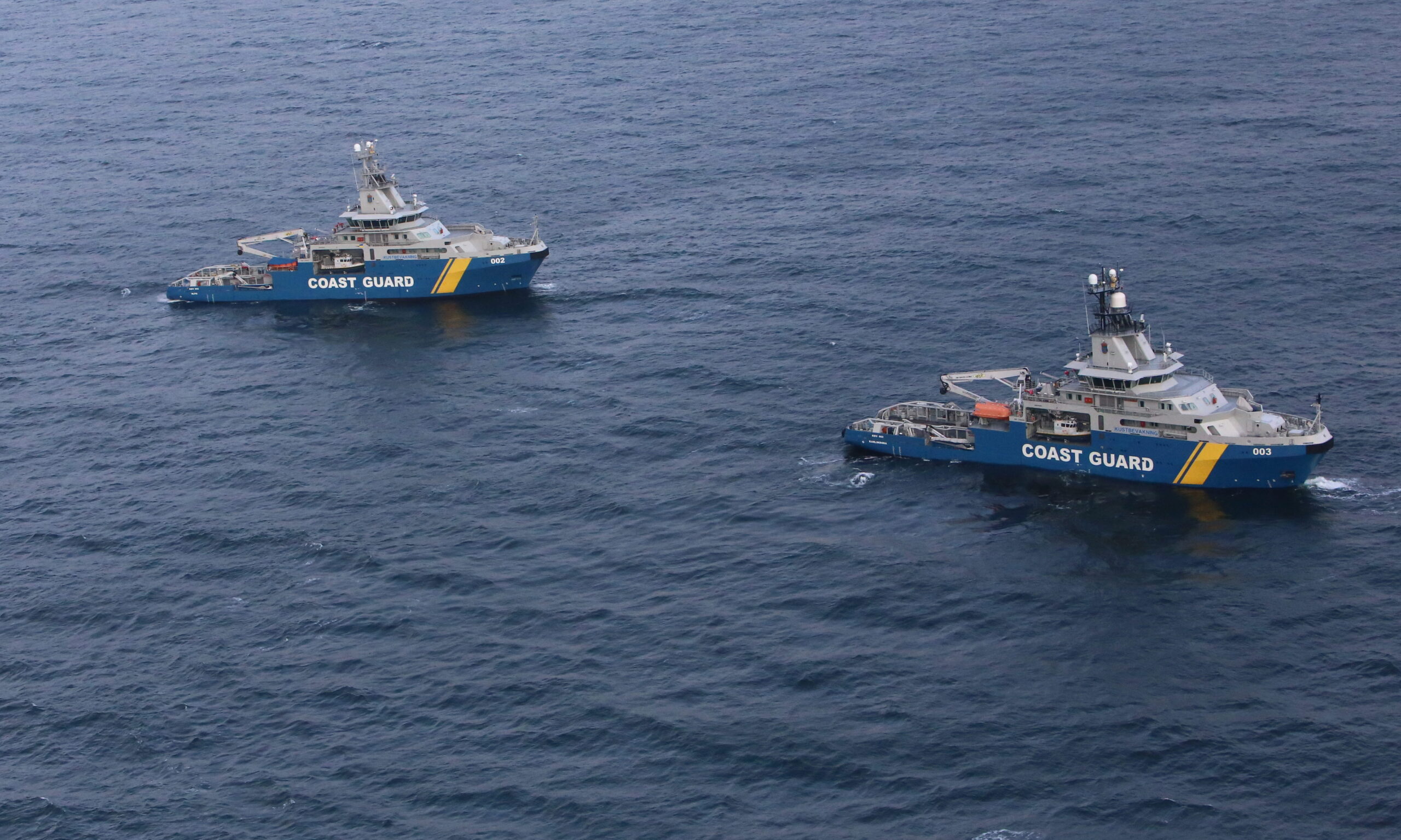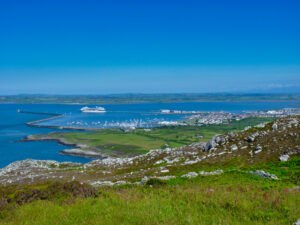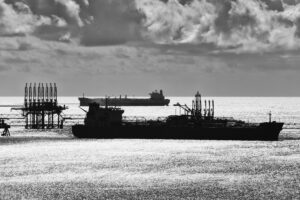The Baltic Sea waters have become the latest battleground in the West’s economic standoff with Russia. As of Tuesday, Germany authorities began questioning passing tankers about their insurance cover against oil pollution damage.
German authorities have started asking tankers in transit to verify that they carry valid insurance cover for oil pollution damage, the German federal foreign office said.
The ships concerned are those travelling eastwards through the Fehmarn Belt. Often, little is known about the insurance cover these vessels have, as they steer clear of reputable insurance companies and European ports.
“The new questioning policy will help further intensify the coordination with our friends and partners in the region. Our objective is quite clear: to increase the pressure on the Russian shadow fleet and protect the Baltic Sea habitat,” German federal foreign minister Johann Wadephul emphasized when announcing the measures.
The enforcement mechanism targets shadow fleet of tankers that Russia has deployed to circumvent Western sanctions imposed after its invasion of Ukraine.
The measure is one of a range of European efforts to push back the Russian “shadow fleet” as well as to improve the safety of maritime transport and the protection of the marine environment.
Sweden also joined Germany in launching the questioning policy on July 1st. Sweden’s government has unveiled tougher checks on insurers of foreign vessels to combat what is known as Russia’s “shadow fleet”.
The Swedish government on May 31 said in a statement that a new regulation will enter into force that “tightens the control over foreign vessels by requesting insurance information”.
Starting 1 July, the Swedish Coast Guard and Maritime Administration will be tasked with collecting insurance information not only from ships transiting Swedish territorial waters or the exclusive economic zone, but also on those that call at a Swedish port.
The documents requested by the transport control centres will be examined by the Ship Safety Division, the German federal foreign office highlighted.
Anomalies in the documentation may lead to Europe-wide observation, measures imposed by the flag state and, if additional criteria are met, the inclusion of the ships on the list of sanctioned vessels.
Patrick Schnieder, federal transport minister, noted: “We need to increase our vigilance in the Baltic Sea with regard to the shadow fleet. Ascertaining the insurance status through the transport control centres helps us fill another gap in our view of the situation. The more complete the picture, the sooner we can cooperate with our partner countries in the Baltic Sea region to take appropriate measures, perhaps even leading to inclusion on the list of sanctioned vessels.”
During the NATO summit in Hague on June 24-25, NATO members agreed on a 5% defence spending target. Following this decision, all allies will be required to spend at least 3.5% of GDP on core defence requirements and 1.5% on defence- and security-related investments.
The Summit in The Hague arrived at a spending target of 3.5% plus 1.5% by 2035. “But Sweden’s plan remains the same. We’re aiming for 2030,” says Swedish prime minister Ulf Kristersson.



